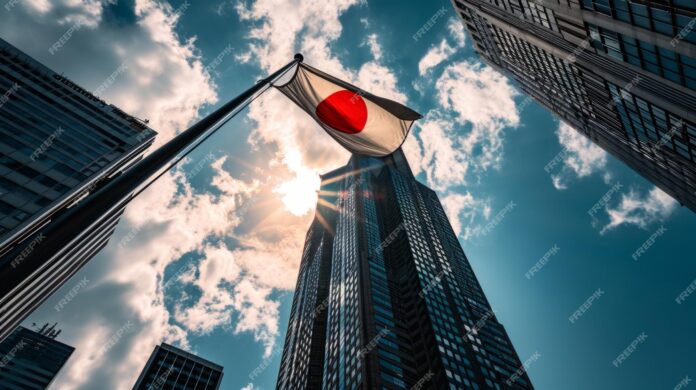The International Monetary Fund (IMF) said on Wednesday that Japan is showing signs of sustainably achieving the Bank of Japan’s (BOJ) 2% inflation target, bolstered by robust consumption and capital expenditure.
The IMF’s statement, released after completing its annual consultations with Japan, noted that the country is approaching a new equilibrium with inflation sustained at the BOJ’s target and growth aligning with potential at 0.5%.
Japan’s headline inflation stood at 3.7% in February, remaining above the BOJ’s target for nearly three years, mainly due to persistently high food costs. While rising food and energy prices pose upside risks to inflation, the IMF expects these pressures to moderate, helping inflation converge to the BOJ’s target in the near future.
The IMF also pointed out that risks to growth are tilted to the downside, particularly due to potential global economic slowdowns and weakening domestic consumption. However, risks to inflation were described as broadly balanced.
The IMF’s statement did not mention the impact of the U.S. 24% tariff on Japanese imports, which was announced just before President Donald Trump’s global tariff measures.
Looking ahead, the IMF forecasts Japan’s economy to expand by 1.2% in 2025, after a modest 0.1% increase in 2024. The growth is expected to be supported by robust corporate profits and higher wages, which will drive private spending.
Meanwhile, inflation is projected to ease to 2.4% in 2025 from 2.7% in the previous year.
In its concluding consultation, the IMF’s executive directors recommended that the BOJ gradually withdraw its monetary support, should Japan’s economy align with the IMF’s forecasts. They advised the BOJ to remain data-dependent and flexible, emphasizing the need for clear communication in raising interest rates given the uncertainty surrounding Japan’s “neutral” rate—one that neither overheats nor cools the economy.
The BOJ, which exited its decade-long stimulus program last year, raised interest rates to 0.5% in January, signaling confidence that Japan is nearing sustainable inflation. Governor Kazuo Ueda has indicated that the BOJ will continue to raise borrowing costs if wage growth continues to support consumption and allows firms to raise prices.




